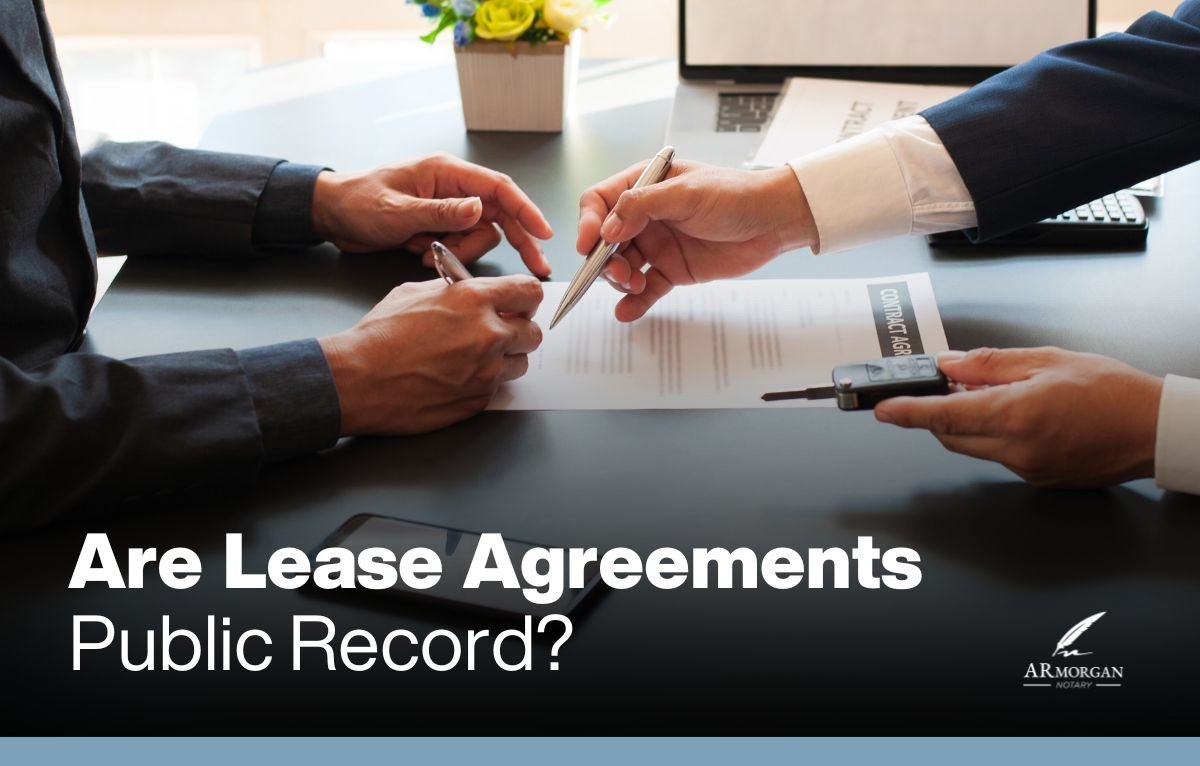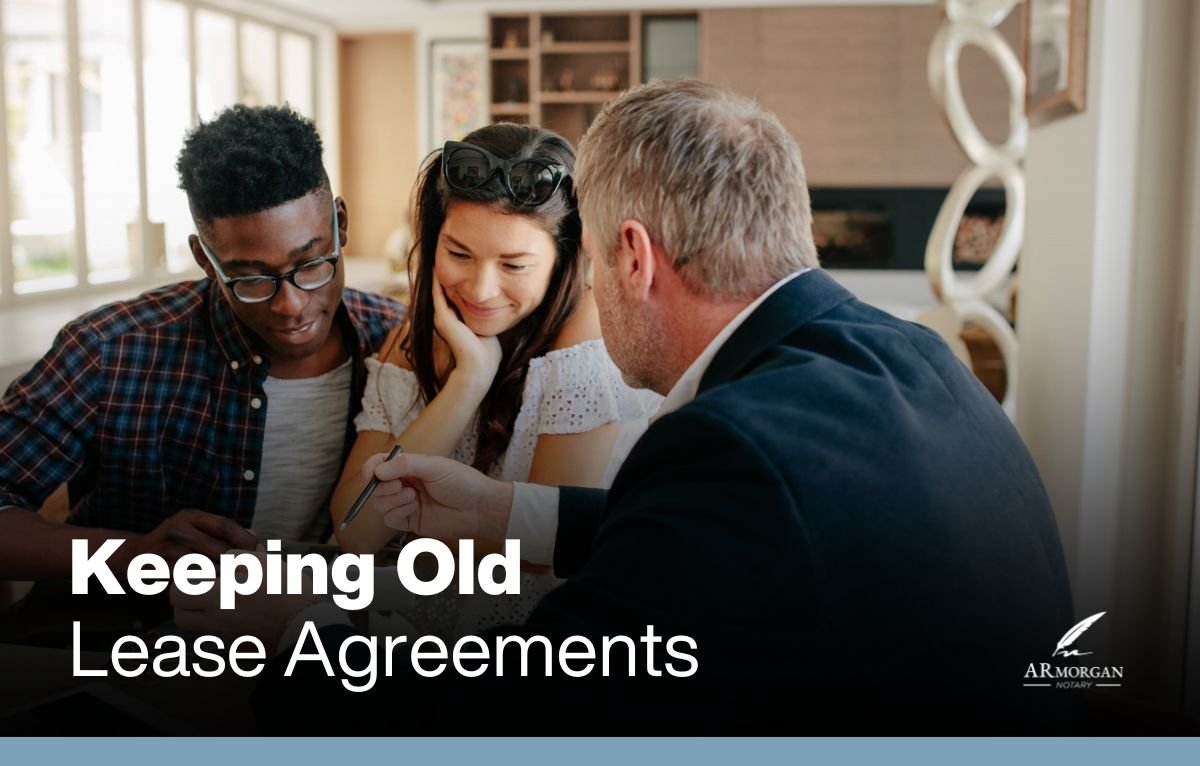Are Lease Agreements Public Record? What You Need to Know

So you found a space that seems perfect for your desire to grow. You have easy access to commercial spaces, schools, and your workplace.
You wouldn’t want to let go of this space at all and very eagerly you want to sign that lease agreement and move in as soon as possible.
But then you start thinking about the security of your details and data. Will it be safe? Will another person have access to it?
When signing or drafting a lease, one question that often comes up is: are lease agreements public record?
The answer isn’t always clear, and it depends on a variety of legal and procedural factors.
Understanding what is—and isn’t—available to the public can help both landlords and tenants better manage their privacy and legal responsibilities.
What Does “Public Record” Really Mean?
In legal terms, a “public record” refers to documents that are officially filed and stored with a government agency, such as a county recorder’s office, court clerk, or other municipal authority.
These documents are generally accessible by the public either online or by request. Common examples include property deeds, tax liens, and certain court filings.
But are lease agreements public record by default? In most cases, no.
Residential lease agreements are considered private contracts between landlords and tenants. Unless the lease becomes part of a legal filing or is voluntarily submitted to a public office, it generally remains confidential.
When Lease Agreements Might Become Public
Although a standard lease agreement is not typically a public record, certain circumstances can change that.
One example is in commercial real estate, where landlords may record a memorandum of lease with the local county recorder.
This is not the full lease but a summary that includes basic details like the parties involved, term length, and property description.
These filings serve to notify potential buyers or lenders of the existing lease agreement.
Lease agreements may also become public if they are submitted as evidence during a court case—such as in eviction proceedings, civil disputes, or lease enforcement lawsuits. In these cases, the lease becomes part of the court record and may be accessible through the relevant court system.
According to legal sources like Nolo, eviction cases are public unless sealed by the court, meaning the lease—and details within it—may be viewed by third parties.
So, are lease agreements public record in all scenarios? Not by default, but legal action or voluntary filings can make them accessible.
What Lease Information Is Usually Kept Private?
The majority of lease agreements include personal and financial details that are not publicly shared unless they are made part of a public record through legal means.
This includes rent amounts, the tenant’s full name, contact details, bank information, and any special clauses that may exist within the lease.
Even if a lease is notarized for legal formality—which AR Morgan Notary can assist with—it does not automatically make the document a public record.
Notarization simply confirms the identities of the signers and that they willingly executed the agreement.
The document remains private unless it’s filed with a court or government agency.
How to Check if a Lease Is Public
If you’re wondering whether a particular lease is a matter of public record, you can start by contacting your local county recorder or court clerk’s office.
Some jurisdictions offer online portals where you can search by property address, case number, or party names. If the lease was involved in an eviction, civil suit, or filed as a memorandum, it may appear in those records.
That said, most residential leases won’t be visible unless they were part of an official filing.
Still, it’s always smart to confirm with your local jurisdiction, especially if you’re a buyer, lender, or party conducting due diligence on a property.
Frequently Asked Questions
Are lease agreements public record in all states?
No. Residential leases are usually private unless part of a public filing such as an eviction or legal dispute.
Can a regular notary notarize real estate documents across state lines?
Yes, through a memorandum of lease or by including it in a court case. However, this is more common in commercial property situations.
Are there penalties for incorrect notarization of real estate documents?
No. Notarization confirms the document’s validity but does not make it part of the public record unless it is officially filed.
How can I check if my lease is public?
Contact your local county recorder’s office or court records department. Some offer online search tools.
Are lease agreements public record if an eviction is involved?
Yes, if the lease is submitted in court as part of the eviction, it may become part of the public record.
Conclusion
In most residential cases, the answer is no—they remain private between the landlord and tenant.
However, if a lease is filed with the court or a government office, or becomes part of legal proceedings, it can become public.
Understanding what makes a document part of the public record helps both landlords and tenants protect their privacy and navigate legal obligations responsibly. And speaking of staying informed, it’s also a good idea to know how long a tenant should keep old lease agreements—just in case any legal or recordkeeping issues come up down the line.

